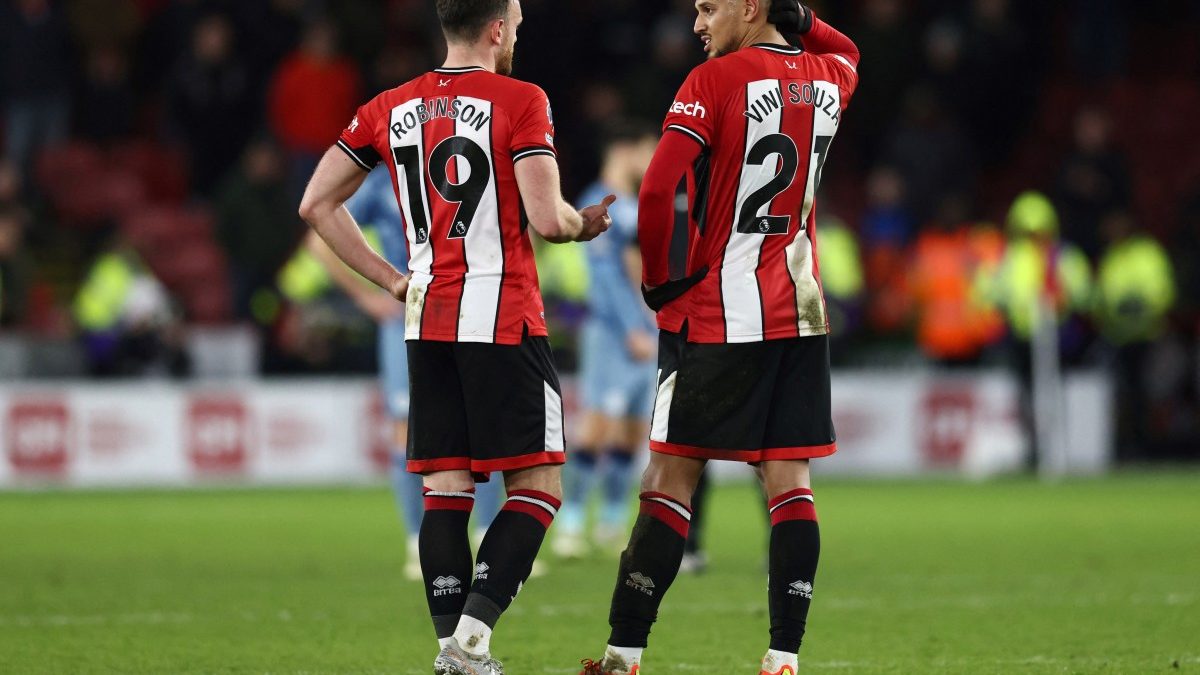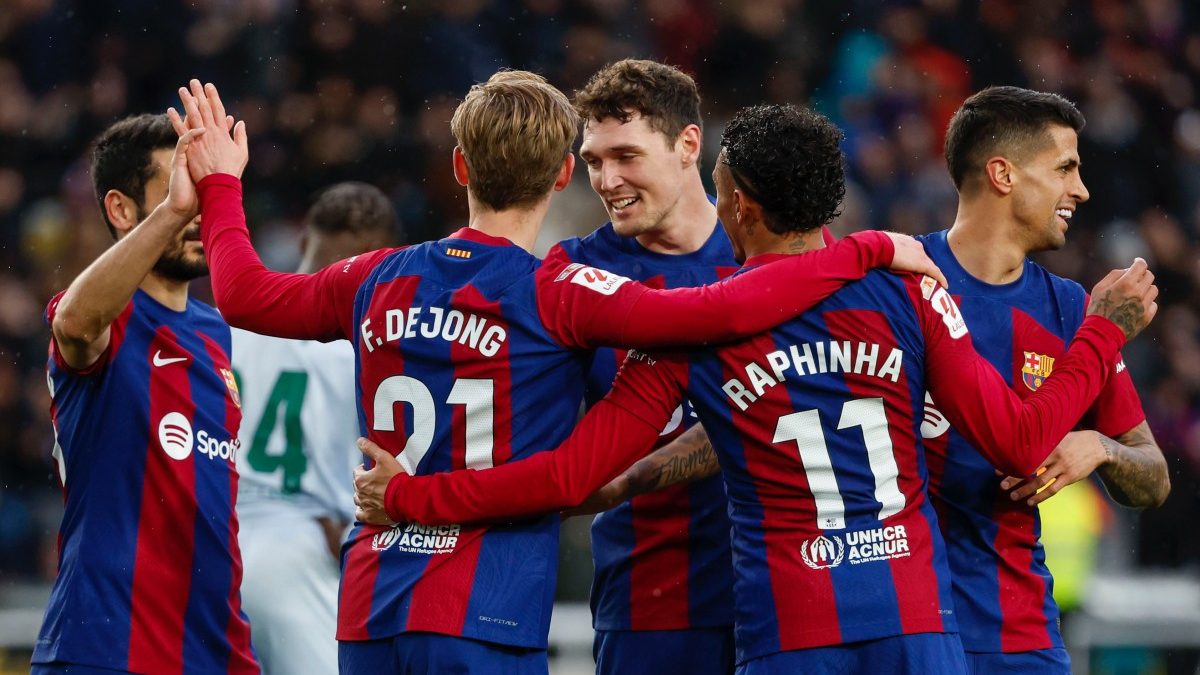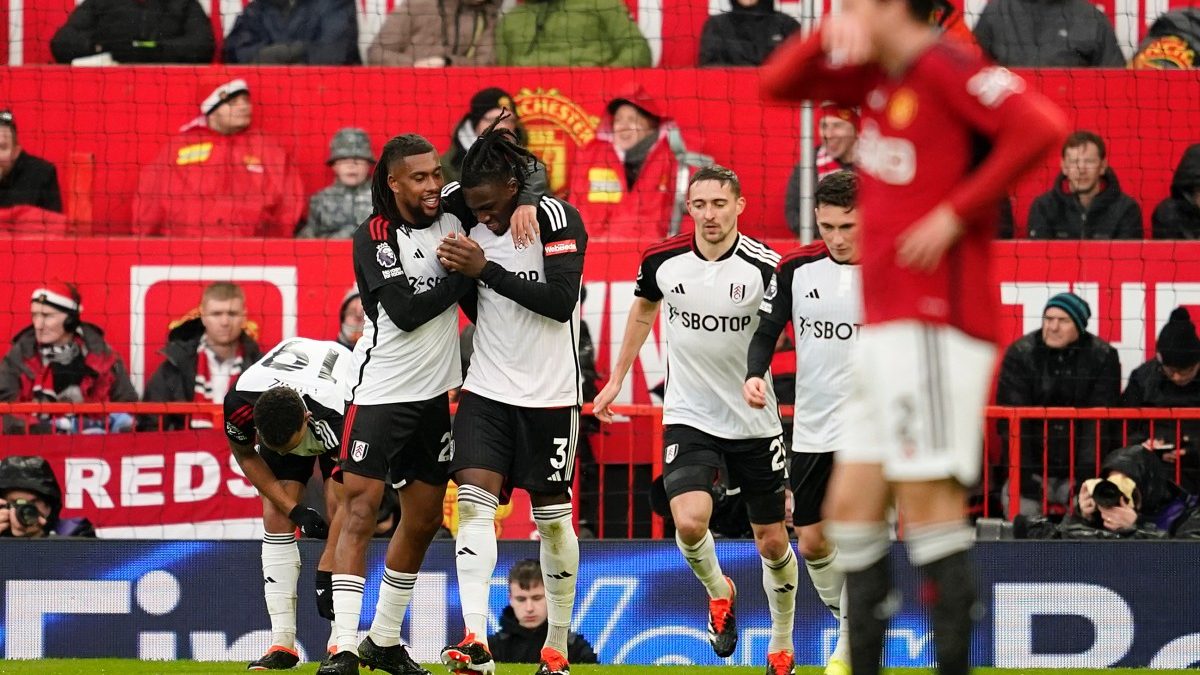By Richard Sydenham
While Barcelona moved a stage further in building their case as the greatest team of all time, I have one question: what did Manchester United’s demise say about the standard of the English Premier League?
Maybe it was inevitable, but the Champions League final on Saturday night at Wembley exhibited a Barcelona team that was as fluent, mobile and skilful as you could possibly want a great team to be.
To crown them as the greatest at this stage, after winning two Champions Leagues in the last three years, would not be totally inappropriate but would be disrespectful to the likes of Alfredo Di Stefano’s Real Madrid that won five on the bounce and the Liverpool team that claimed four European titles in the 1970s and 80s, among others.
Notwithstanding, this Barcelona team is not out of place in the company of the aforementioned, but when you speak of the ‘greatest ever’ this has to be measured by success and longevity over many years. Maybe they will get there, maybe not.
Who can predict, with the crazy global transfer market that we have today, that the wealth of Manchester City or Chelsea will not attract Barcelona’s crown jewels like Lionel Messi, David Villa or manager Pep Guardiola? So until more titles are won, let’s leave this debate on the back burner.
The more pressing issue for me is, what does this season’s campaign mean for the Premier League? Ok, Arsenal beat Barca at the Emirates but were so outclassed in the return leg at the Camp Nou that Arsenal were embarrassed after chasing shadows all night.
Tottenham, an English qualifier for this season’s Champions League, impressed up to a point but were ultimately outplayed by Barcelona’s closest domestic rivals Real Madrid.
The final was a similar story as United did not resemble a team that have dominated the Premier League in recent years and won Europe’s so-called elite division by nine points. They were out-passed and outmanoeuvred by Barca. It was embarrassing and humiliating for not only United but for all proud English football supporters who regard their league as the ultimate.
The truth is, United were justifiably English champions but were still defeated by Wolves, a team that avoided relegation on the last day of the season and were almost beaten by Aston Villa, who flirted with relegation for three quarters of the season.
Not only that, Wolves beat the Premier League’s third-placed club Manchester City and runners-up Chelsea. And there were several other weird results, which just points to the increasing competitiveness of the Premier League. Clearly you get the odd freak result, but these occurred throughout the season.
It makes things interesting and exciting but is not necessarily an indication that English football is as strong as it should be when it is exported.
When England’s champions are so obviously second best to Spain’s representatives – and for the second time in three years – something is not right.
Let’s face it, while the self-congratulating England football fans claim to have the best league in the world those sentiments are not being reflected by European trophies. Liverpool won one title in recent years and were runners-up once. Chelsea were runners-up to United in 2008, but the mighty United have won three in 13 years. That’s not domination.
The Premier League is undoubtedly the most marketable, exciting and competitive league in the world, but is it the best? Does it feed a successful national team? Absolutely not!
Just look at the last two major championships: Spain won the European Championships in 2008 – England did not qualify. Then Spain won the World Cup – England were eliminated in the second round. Get my point?
)
)
)
)
)